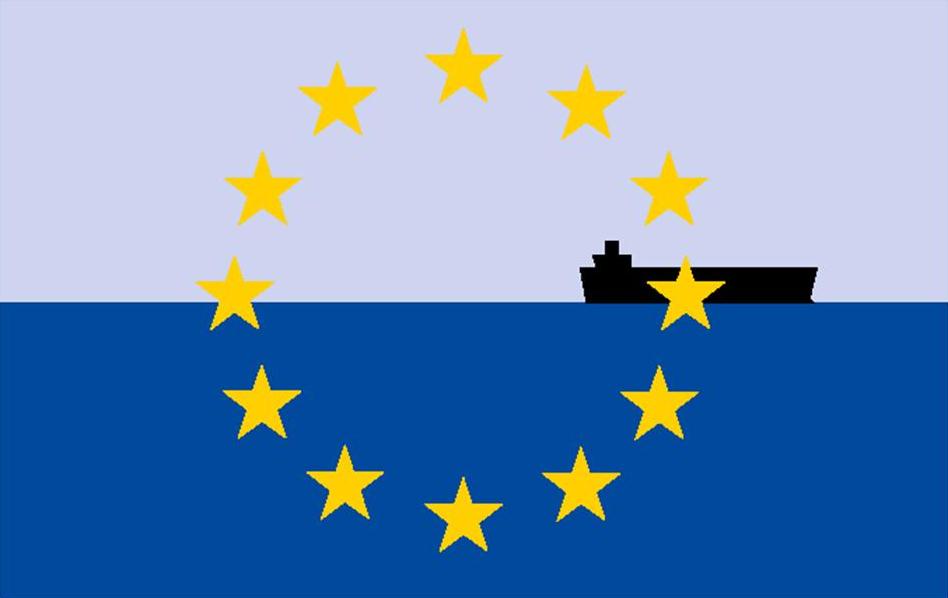The Shortsea Promotion Center – Spain (SPC-Spain) and the European Shortsea Network (ESN) held their annual conference today at the Port of Huelva under the slogan ‘Shortsea Shipping: efficiency, sustainability and connectivity at the service of maritime-land logistics chains’, where international experts addressed the trends and challenges of logistics chains in the face of new trade flows, the digitalization and the decarbonization goals of the International Maritime Organization and the European Union, among other topics.
This conference takes on an international character as SPC Spain holds the presidency of the European organization, ESN.
The institutional opening of the event was attended by the president of Puertos del Estado, Álvaro Rodríguez Dapena, the president of the Port of Huelva, Alberto Santana, the president of SPC Spain-ESN, Elena Seco, and the mayor of Huelva, Pilar Miranda.
The president of the Public Body of State Ports has highlighted “the importance of shortsea shipping within the framework of the firm commitment to the sustainability of the port system.”
The president of SPC Spain-ESN stressed that these annual conferences aim to “bring short sea shipping closer and raise awareness to highlight the role it plays in transport and mobility in Europe, especially decarbonization. The European Union promotes the transfer of goods from the road to the sea, as a matter of convenience, to cooperate with each other so that the truck gets on the vessel and reduces the hours of road travel for more sustainable mobility, among other advantages”.
Three round tables were held, and a position statement of the ESN as a European instrument to promote the further development of Short Sea Shipping by Roberto Mencarrelli from SPC Italy. Relevant European entities and institutions (DG MOVE, DG CLIMA, ECSA, ESPO, ECASBA) participated in each panel, as well as different sectorial agents and representatives of shipping companies, road transport, energy companies, Port Authorities and the Spanish Federation of Freight Forwarders.
The first panel addressed the importance of the SSS in the reconfiguration of trade routes and relations with third countries and the convenience of a European eco-incentive with the reference of the one launched in Spain, considering the opportunity for financing through the Connecting Europe Facility, as well as the integration of the SSS into the Trans-European Transport Network.
The second panel focused on efficiency, digitalization, and standardization to boost competitiveness. This round table discussed the aspects of border control and digitalization and their potential to contribute to greater competitiveness of Shortsea Shipping, the European Single Window, and the amendment of the UCC (Union Customs Code).
The third and final panel focused on sustainability and the Energy Transition in Shortsea Shipping. This round table analyzed the regulations aimed at decarbonization, the possible solutions, and their requirements for producers, shipping companies, and ports to decarbonize maritime transport.
The conference, which was attended by more than 200 attendees, in person and online, culminated with sharing the conclusions of the topics addressed, with the intervention of the General Directorate of the Merchant Navy and the Port of Huelva.
This conference collaborates with companies from the port community of Huelva, such as Cepsa, Enagás, Baleària & Fred. Olsen Express, Naviera Armas Trasmediterránea and Yilport Huelva.

